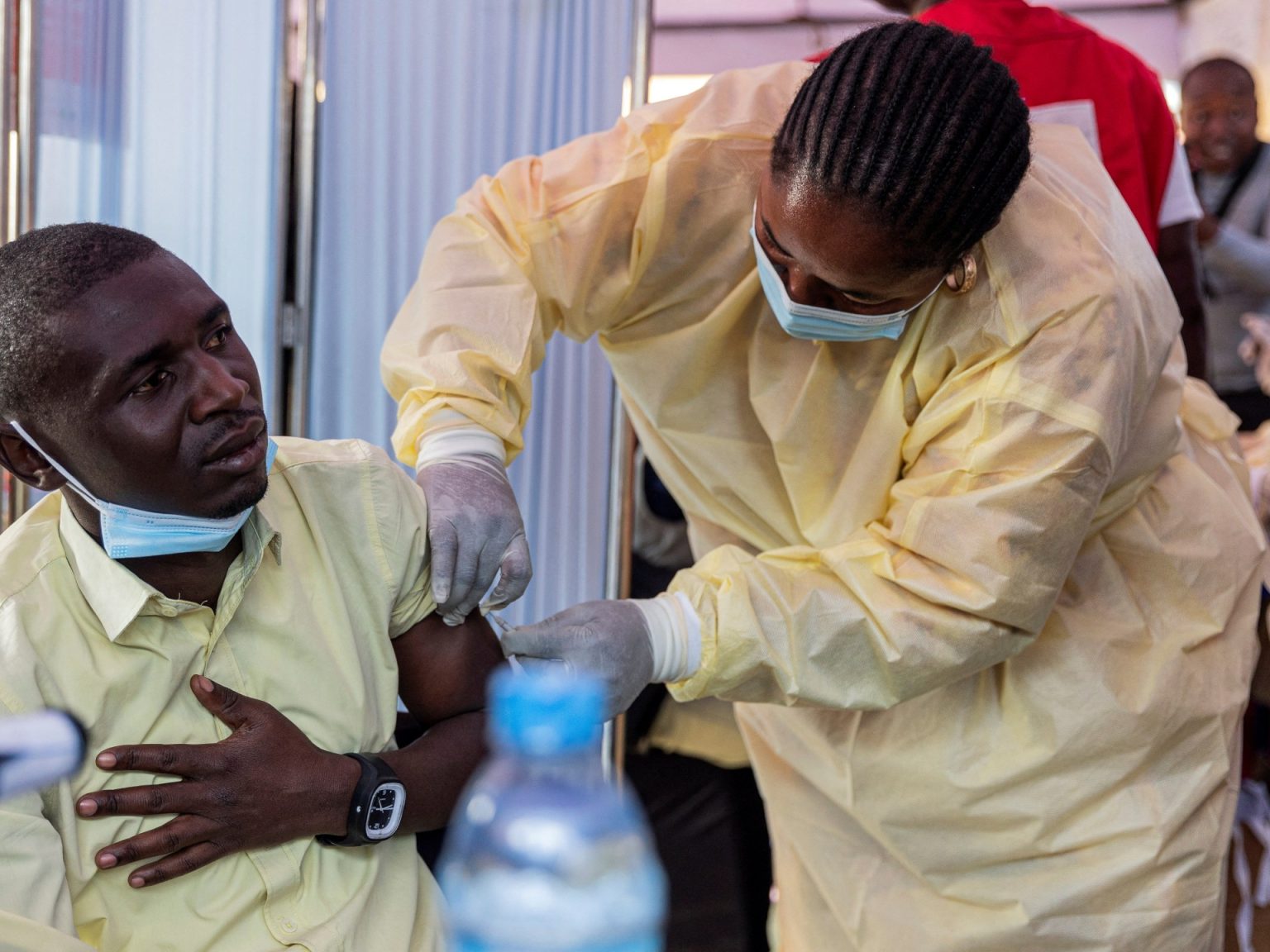Ngashi Ngongo, the chief of the African Union’s health watchdog, Africa Centres for Disease Control and Prevention (Africa CDC), has issued a warning about the ongoing monkeypox outbreak in Africa. With more than 1,100 deaths and 48,000 cases since January, the outbreak is still on the rise. Ngongo emphasized the need for additional resources to prevent the situation from escalating into a more severe pandemic than COVID-19.
Despite efforts to contain the outbreak, cases of monkeypox continue to increase in several African countries, highlighting the weaknesses in the continent’s health system. The outbreak, which began in Mauritius and quickly spread to 19 other countries, poses a significant challenge to healthcare authorities. Africa CDC stressed the importance of political and financial support to effectively combat the spread of the virus and prevent it from becoming a more serious global health crisis.
Monkeypox is a viral disease that can be transmitted to humans through infected animals or close physical contact between humans. The disease shares similarities with smallpox, causing fever, body aches, swollen lymph nodes, and a rash that develops into blisters. There are two main subtypes of the virus, known as clade 1 and clade 2. Recent reports from the United Kingdom, Sweden, and Germany have confirmed cases of the latest monkeypox variant, clade 1b, raising concerns about the potential for further spread.
Central Africa has been the hardest hit by the monkeypox outbreak, accounting for the majority of cases and deaths on the continent. The Democratic Republic of the Congo has been the epicenter of the outbreak, leading efforts to contain the virus through a vaccination campaign. However, limited resources and logistical challenges have hampered progress in controlling the spread of the disease, underscoring the urgent need for increased support from the international community.
The ongoing monkeypox outbreak in Africa serves as a stark reminder of the vulnerabilities in the continent’s public health infrastructure. With cases continuing to rise and resources in short supply, healthcare authorities face mounting challenges in containing the virus and preventing it from evolving into a larger pandemic. The African Union, through Africa CDC, has called for sustained political and financial mobilization to address the crisis effectively and minimize the impact on vulnerable populations across the region.
In conclusion, the monkeypox outbreak in Africa remains a critical public health concern, with cases increasing and resources stretched thin. The need for additional support from the international community is crucial to prevent the situation from spiraling into a more severe pandemic. As efforts continue to contain the virus and protect the health of millions of people in Africa, collaborative action and sustained investment in public health systems are essential to mitigate the impact of the outbreak and prevent further spread of the disease.













